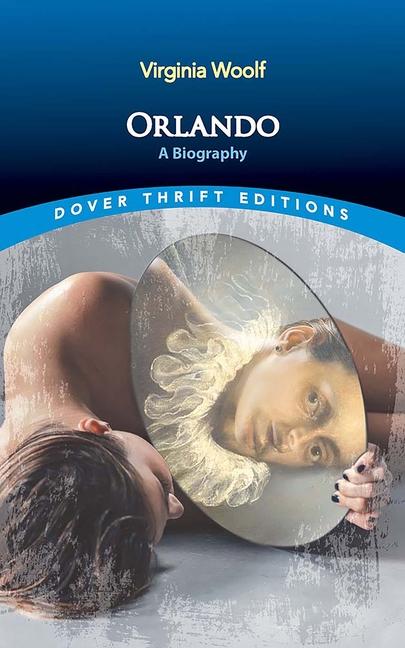
Zustellung: Fr, 13.03. - Di, 17.03.26
Noch nicht erschienen
VersandkostenfreiBestellen & in Filiale abholen:
"It would take decades for the singular, gender-evasive 'they' to take hold in the lexicon . . . and for the culture to catch up to Orlando's casual claim that 'in every human being a vacillation from one sex to the other takes place.'" --Vulture <p/> Virginia Woolf's satirical, prescient novel, published in 1928, is a groundbreaking work that explores themes of gender, identity, and time. The narrative features a nobleman named Orlando who lives over three centuries, beginning in the Elizabethan era and ending in the twentieth century, and changes from a man to a woman at the midpoint. With its fusion of masculinity and femininity, this transformation allows Woolf to critique societal norms and expectations tied to gender and class in different periods. Woolf suggests that gender is not fixed or binary, challenging traditional concepts of gender roles and stereotypes. Complex and multilayered, Orlando is lauded for its rich prose and pioneering representation of queer identity.
Mehr aus dieser Reihe
Produktdetails
Erscheinungsdatum
26. Juli 2024
Sprache
englisch
Seitenanzahl
134
Reihe
Dover Thrift Editions: Classic Novels
Autor/Autorin
Virginia Woolf
Verlag/Hersteller
Produktart
kartoniert
Gewicht
132 g
Größe (L/B/H)
124/203/12 mm
ISBN
9780486852720
Entdecken Sie mehr
Bewertungen
0 Bewertungen
Es wurden noch keine Bewertungen abgegeben. Schreiben Sie die erste Bewertung zu "Orlando: a Biography" und helfen Sie damit anderen bei der Kaufentscheidung.

































